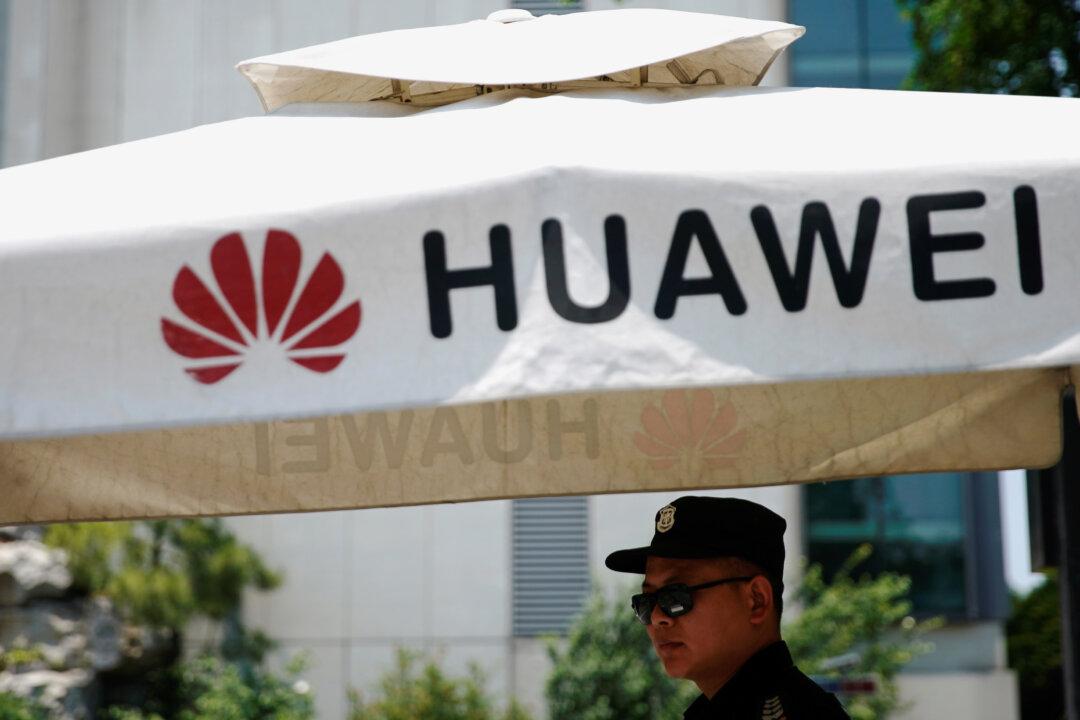NEWPORT BEACH, Calif./NEW YORK—Some of the world’s biggest tech companies have told their employees to stop talking about technology and technical standards with counterparts at Huawei Technologies in response to the recent U.S. blacklisting of the Chinese tech firm, according to people familiar with the matter.
Chipmakers Intel Corp and Qualcomm Inc., mobile research firm InterDigital Wireless Inc., and South Korean carrier LG Uplus have restricted employees from informal conversations with Huawei, the world’s largest telecommunications equipment maker, the sources said.





